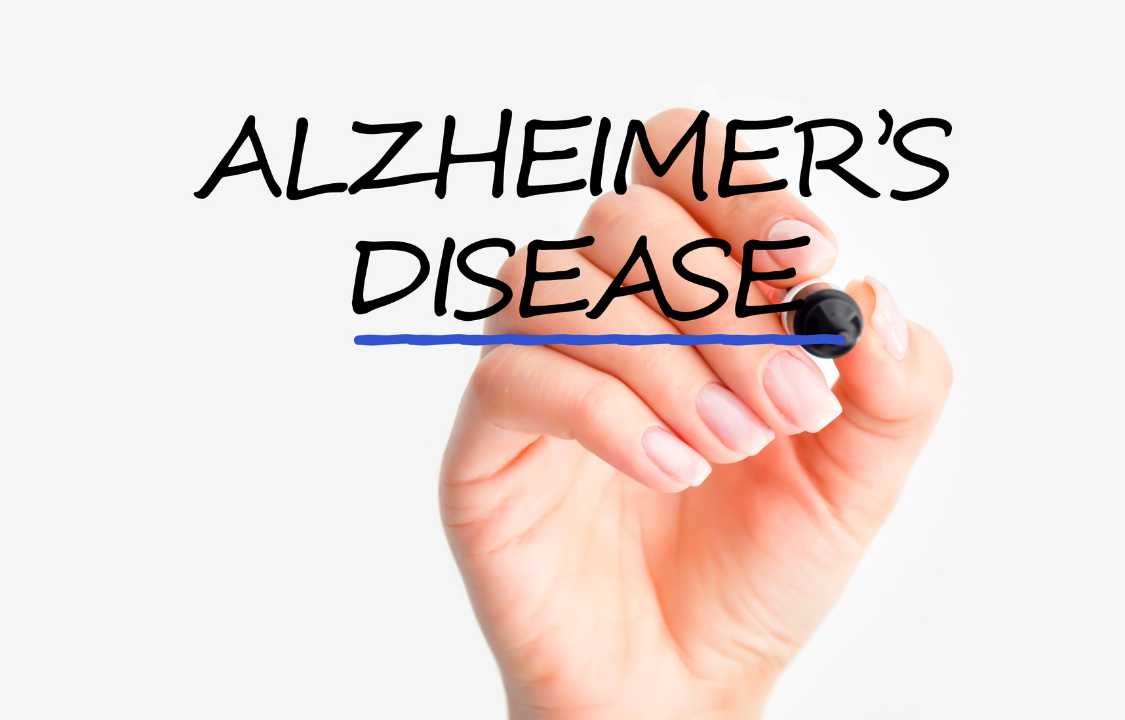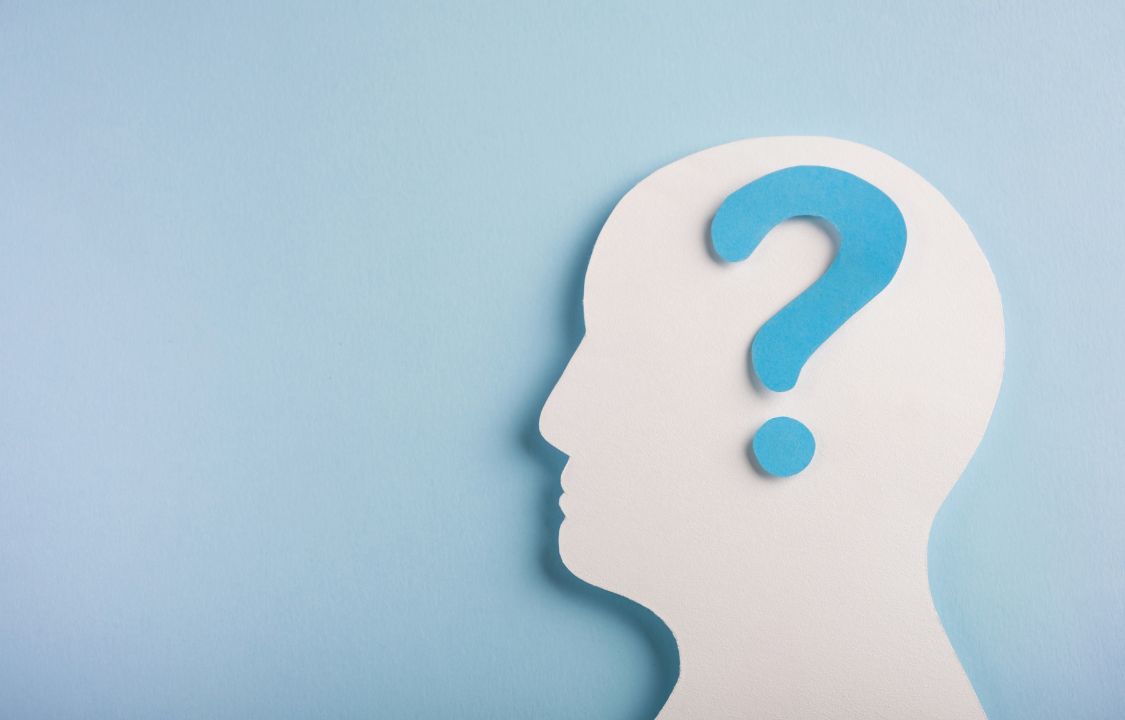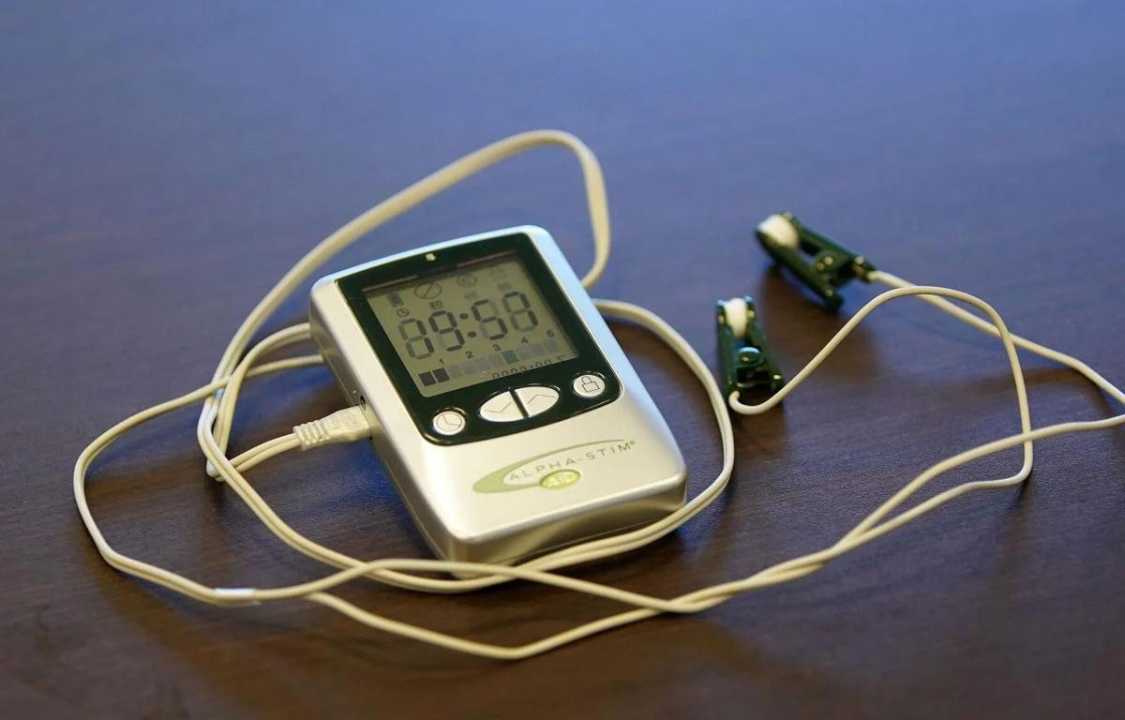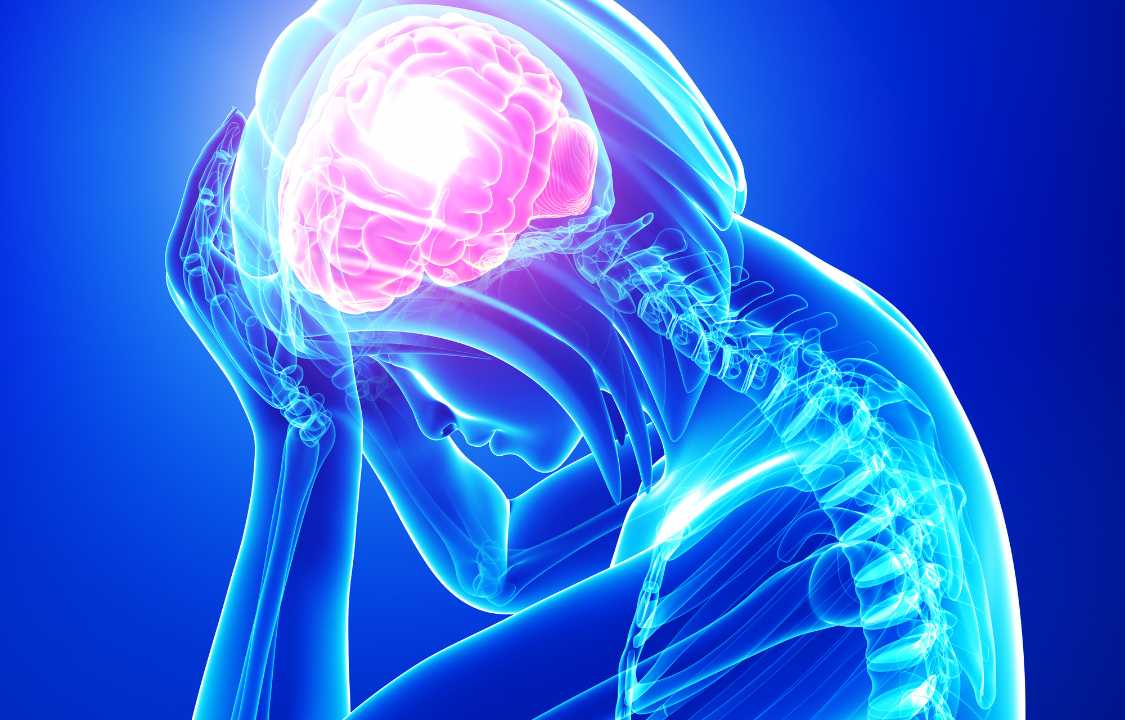Alzheimer’s disease is a prevalent form of dementia that affects memory, thinking, and decision-making abilities. It ranks as the seventh leading cause of death in the United States. While it is not possible to prevent Alzheimer’s, certain measures can help reduce the risk of developing the disease. These practices are beneficial for overall health and […]
Category Archives: Brain
Brain training games have gained popularity as a means to improve cognitive abilities and maintain mental sharpness. However, the effectiveness of these games has been a subject of debate. Research has shown that supervised group training with brain games can lead to improvements in memory and mood among older adults experiencing mild cognitive decline. It […]
Alzheimer’s disease (AD) is a progressive brain disorder that affects cognitive abilities, such as memory, thinking, and language. It is most commonly seen in individuals aged 65 and older and can significantly impact daily activities. While there is currently no cure for AD, treatments are available to help slow the progression of the disease and […]
Alzheimer’s disease is a progressive neurological disorder commonly affecting older adults, characterized by memory loss, confusion, behavioral changes, and other distressing symptoms. It is the most prevalent form of dementia, with approximately 10.7% of Americans aged 65 and above living with the condition, with women accounting for nearly two-thirds of cases.1 As the baby boomer […]
Dementia, which includes memory loss, thinking difficulties, and the inability to reason logically, is the end result of Alzheimer’s disease, a degenerative neurological (brain) disorder. Most cases occur in those over the age of 65, and age itself is the greatest risk factor associated with Alzheimer’s disease. Alzheimer’s disease is not brought on by aging. […]
Deterioration in cognitive capacities including thinking, memory, language, judgment, and learning are hallmarks of Alzheimer’s disease (AD), a degenerative brain disorder. The National Institute on Aging (NIA) reports that there is currently no cure for Alzheimer’s disease, but that certain medicines may help with symptom management. Alzheimer’s disease often strikes adults over the age of […]
Commonly used treatments for managing anxiety symptoms include talk therapy, medication, or a combination of both. In addition to these traditional approaches, cranial electrotherapy stimulation (CES) using an Alpha-Stim device is another potential option. The Alpha-Stim device works by interacting with the brain to help alleviate symptoms related to mood and sleep. It offers an […]
The electric shocks that feel like they are coming from inside the brain are a symptom of skipping or stopping antidepressants. If you have recently missed or discontinued taking antidepressants, you may be familiar with the phenomenon known as “brain zaps.” These are sensory disturbances characterized by electric shock-like sensations within the brain. Brain zaps […]
Some of the effects, like slurred speech and loss of balance, can be very obvious. Others, like cell death, are harder to notice. Alcohol is deeply intertwined with American culture, finding its place at dinner tables, post-work gatherings, and vacation festivities. Nonetheless, a 2018 study reported in The Lancet challenges the notion of a safe […]
All medications, including opioids, have potential side effects that need to be considered. The distinction lies in the fact that opioids, unlike many other commonly used medications, have a high risk of addiction. Substance Abuse and Mental Health Services Administration cautions that this addiction risk can lead to misuse or even overdose. When considering the […]










